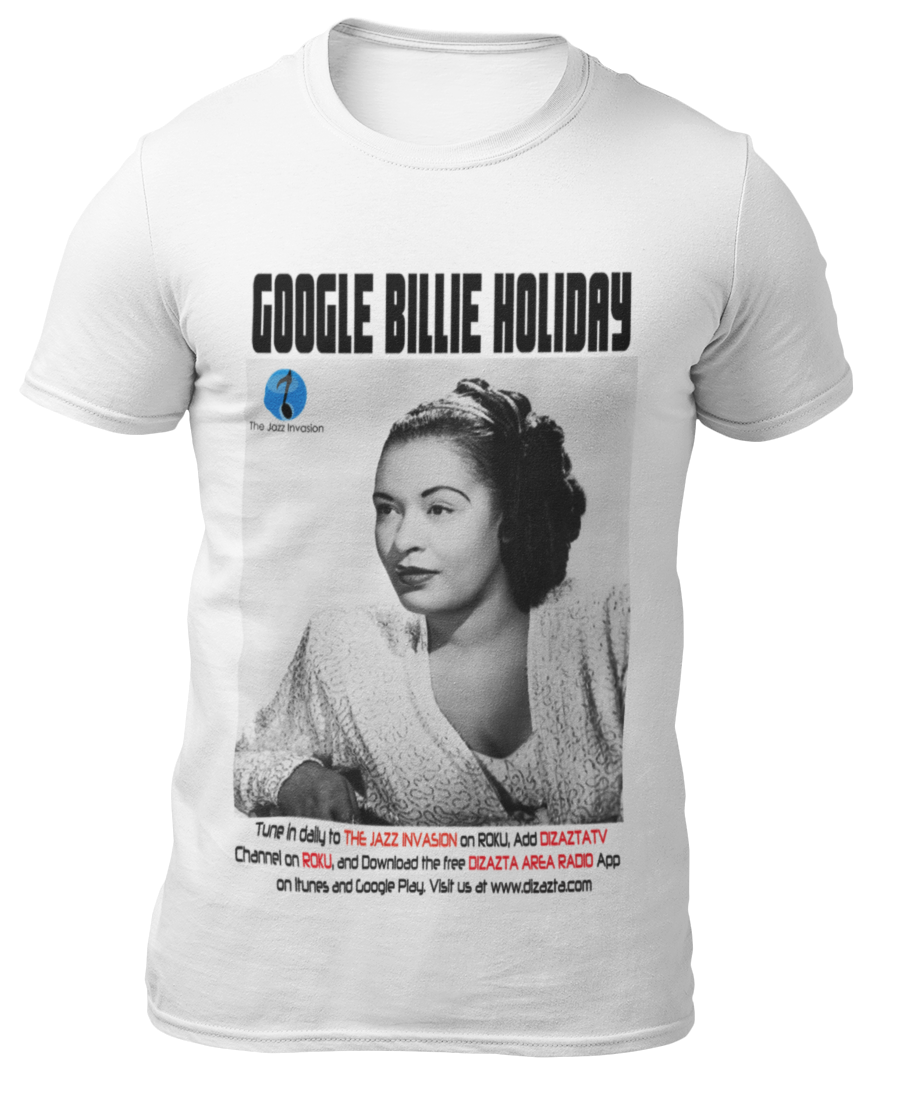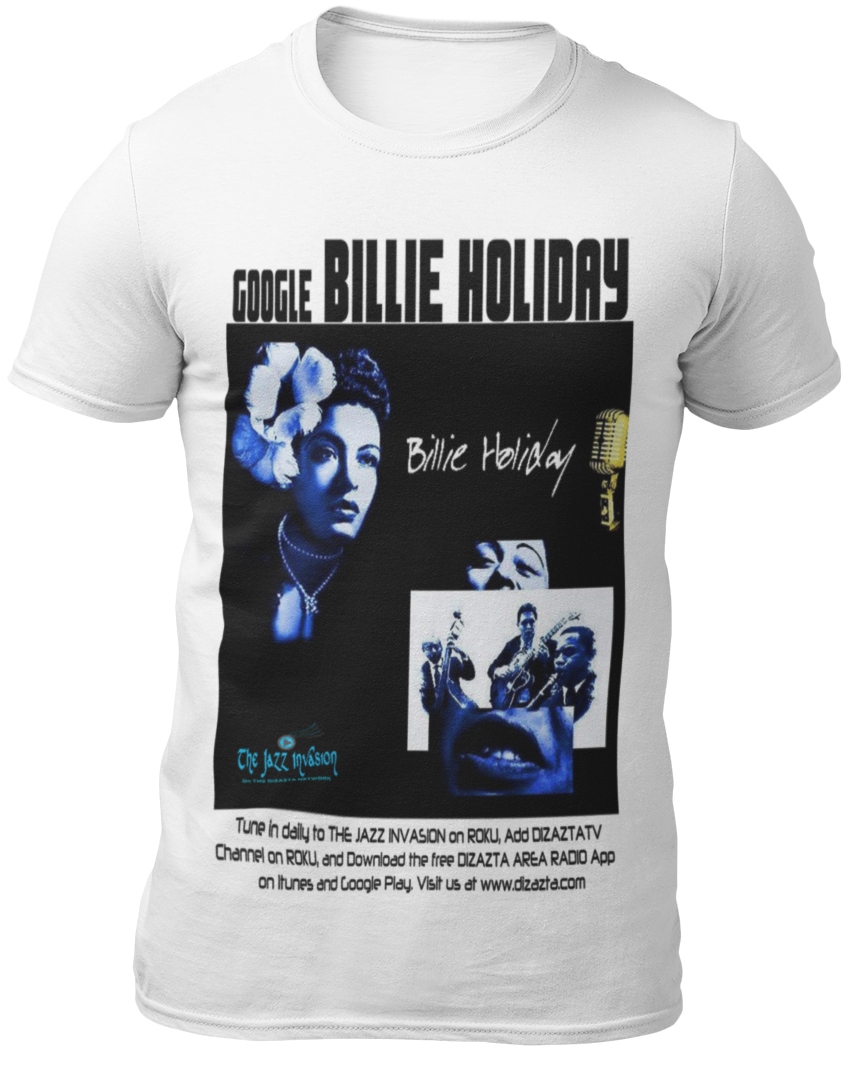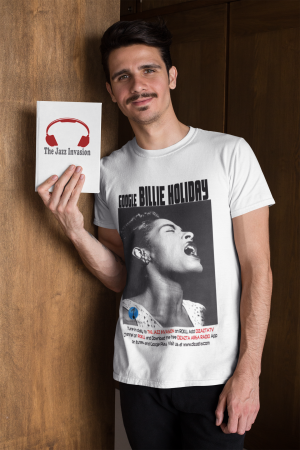BILLIE HOLIDAY
THE JAZZ INVASION
T-SHIRT COLLECTION
Billie Holiday 001
© 1998-Present Dizazta Area Music all rights reserved
Billie Holiday 002
Billie Holiday 003
Billie Holiday 004
Billie Holiday 005
Billie Holiday 006
Billie Holiday 007
Billie Holiday 008
Billie Holiday 009
Billie Holiday 010
Billie Holiday 011
Billie Holiday 012
Billie Holiday 013
Billie Holiday 014
Billie Holiday 015
Billie Holiday 016
Billie Holiday 017
Billie Holiday 018
Billie Holiday 019
Billie Holiday 020
Collect all the t-shirts from the historic show THE JAZZ INVASION. Be apart of the MOVEMENT that is changing the face of history.
Billie Holiday 025
Billie Holiday 021
Billie Holiday 022
Billie Holiday 023
Billie Holiday 024
Billie Holiday 030
Billie Holiday 026
Billie Holiday 027
Billie Holiday 028
Billie Holiday 029
Billie Holiday 031
Billie Holiday 032
Billie Holiday 034
Billie Holiday 037
Billie Holiday 039
Billie Holiday 040
Billie Holiday 042


































































































